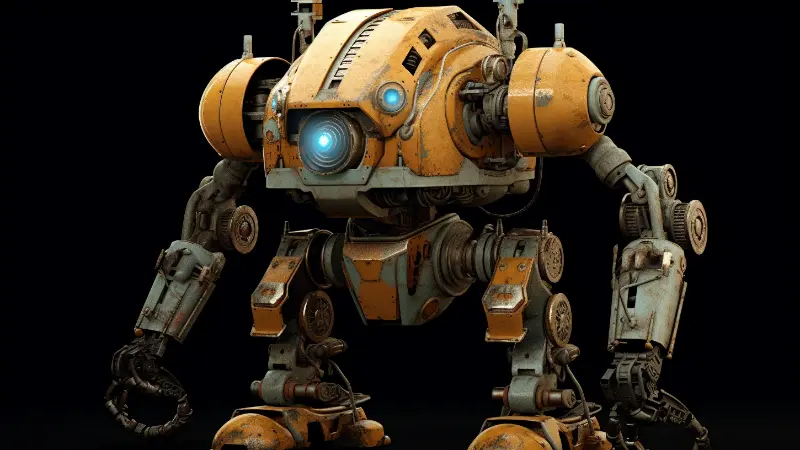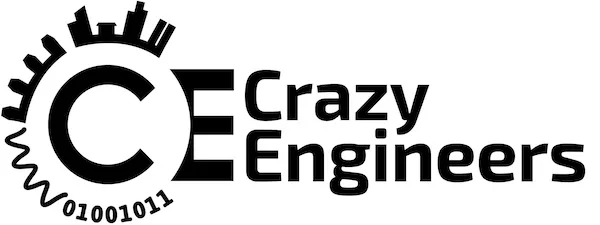ByteDance Buys $1 Billion of Nvidia GPUs - What's Brewing?

Nvidia's High-Performance Computing (HPC) products are seeing a surge in demand from the Chinese technology sector, with major firms such as ByteDance (creator of TikTok), Tencent, Baidu, and Alibaba showing a strong appetite for these offerings.
According to local media reports, ByteDance alone has matched the aggregate 2022 Chinese market's spending on Nvidia products in monetary terms.
Jitwei, a Chinese news outlet, has shared that ByteDance has placed orders for Nvidia GPUs worth approximately $1 billion in the ongoing year of 2023.
This equates to an estimated 100,000 units, comprising of the Nvidia A100 and H800 cards.
Notably, the A100 was purchased prior to the US government's directive in August 2022, advising Nvidia to halt sales of its high-performing HPC cards to China.
The H800, a custom accelerator based on the Hopper architecture, was subsequently developed by Nvidia to align with export regulations, providing a pared-down version of the H100 accelerator. Despite the modifications, Nvidia appears to be maintaining an Average Sale Price (ASP) of about $10,000 per unit.
When the export restrictions were initially imposed, Nvidia expressed concerns about a projected loss of around $400 million, which could potentially hinder the development of its H100 chip.
However, the US government subsequently deferred the export ban till September, which gave Nvidia a window to ship additional units and generate revenues critical for the H100 project.
The escalating interest of other Chinese tech giants in HPC hardware is equally notable. If ByteDance's purchases alone have outpaced Nvidia's overall sales in China for a whole year, the implications for the broader Chinese market are significant.
Inside sources from the Chinese tech industry suggest that the domestic supply chain is overwhelmed by the sheer volume and product requirements of these tech giants. Consequently, firms such as ByteDance and Alibaba have resorted to direct negotiations with Nvidia.
The motivation for this investment trend is clear - China cannot risk falling behind in the global AI race.
The potential of a $4.4 trillion contribution to the global economy, as predicted by McKinsey, is too significant to ignore. The stakes extend beyond economic interests, as the Chinese government, like its Western counterparts, requires a steady supply of advanced technological solutions for its administrative machinery.
The applications of AI, from generative models to facial recognition technology, are becoming increasingly central to high-tech systems.
Another point of intrigue is the timeline for Nvidia's H800 card production. Given that the production commenced only in March this year, the likelihood of substantial deliveries so far is slim.
It is still uncertain whether the reported $1 billion expenditure refers to orders fulfilled or merely placed by ByteDance.
Regardless, considering ByteDance's previous $3 billion expenditure on share buybacks from investors last year, a billion or two may not seem as extravagant.
It's an investment reality we can all understand.
